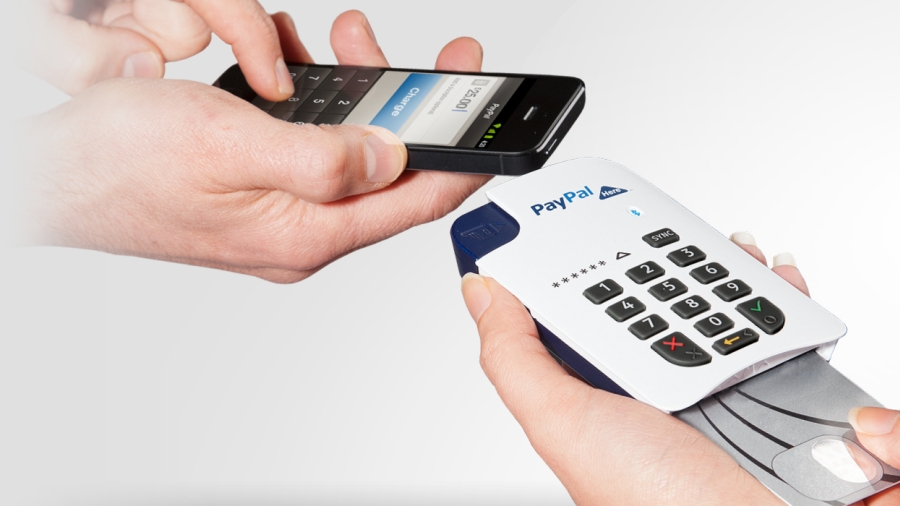Payment card acceptance set to surge by 40% to 85 million worldwide
The latest cards research, Global Payment Cards Data and Forecasts to 2022, reveals that the number of card-accepting merchant outlets rose by an impressive 7 million in 2016 to 61 million. Double-digit growth was recorded across Asia-Pacific, central and eastern Europe and the Middle East and Africa.

Despite recent strong growth, all three regions continue to be underserved in terms of card acceptance and are expected to remain the engines of global growth, driving the total number of outlets worldwide to 85 million by 2022.
According to RBR’s report, regulatory factors are playing an increasingly important role in expanding card-acceptance networks. In Kazakhstan, legislation requiring all merchants to accept card payments came into force in 2016, contributing to the 50% growth in outlets. Meanwhile, in India, growth in card-accepting merchants trebled to 45% as a result of caps on EFTPOS terminal charges and the removal of terminal taxes by the central government.
The impact of regulations on the acquiring market is set to intensify over the coming years, with merchant service charges projected to fall as a result of interchange fee caps. In addition to the European Commission’s caps, RBR also expects new regulation to lower fees in numerous less-developed markets, for example Argentina and Malaysia, making card acceptance a more attractive proposition.
Increasing focus on financial literacy and cashless payments also boosting acceptance
Growth in the acceptance networks of many developing markets has been restrained, partly by cultural preferences for cash; however, the report has found increasing support from governments and industry players, for example in Thailand and Ukraine, for promoting financial literacy and cashless payments. Such efforts are encouraging more consumers to pay regularly by card, and merchants who do not accept cards risk losing business as payment preferences diversify.
“The recent strong growth in card acceptance looks set to continue, fuelled by a combination of falling merchant fees and rising consumer demand. In addition to rapid growth in developing regions, healthy market conditions in more mature countries in western Europe have the potential to unlock new opportunities for the acquiring sector,” says Chris Herbert, RBR.
– paymentscardsandmobile.com –


